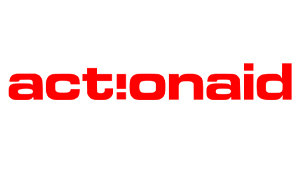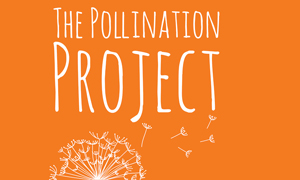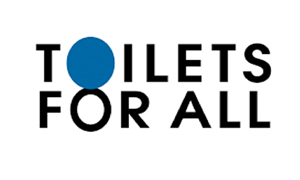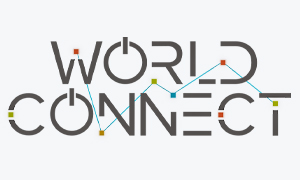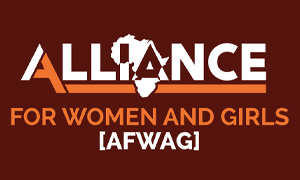School Infrastructure Development
Our program is dedicated to ensuring quality education for all children in a safe and supportive environment. We partner with communities to upgrade school infrastructure which is gender sensitive and disability friendly, including building/renovating classrooms with furniture, hostels, computer labs, teachers' houses, staff toilets, and water and hygiene facilities. These improvements create better learning conditions, foster academic success, and help attract and retain skilled teachers. Taking a community-driven approach, we collaborate with local schools, authorities, and community members to identify key priorities and develop tailored improvement plans. Our expert team offers technical support to guarantee the success and quality of these initiatives.
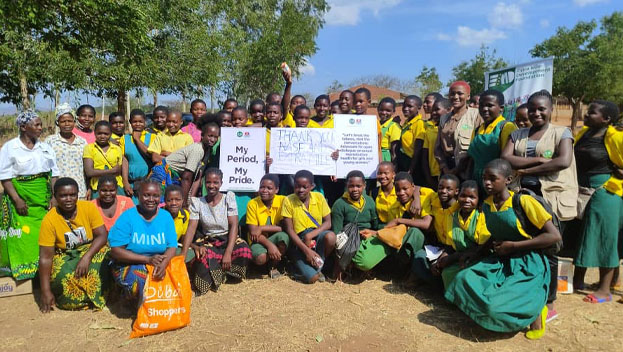
Inclusive and Equitable Education
We keep adolescent girls in safe schools by addressing period poverty challenges which include lack of information on menstruation and hygiene practices, no/limited access to absorbent materials to catch menstrual flow and no private space to change sanitary napkins. Hence, we work hand in hand with school mother groups in providing trainings on making reusable sanitary pads which are distributed to the girls, deliver menstrual health education and build/renovate menstrual hygiene rooms for girls to bath and change napkins. By breaking the stigma surrounding menstruation and fostering an open dialogue, we create supportive environments where girls can thrive academically and socially. This initiative not only boosts school attendance and performance but also enhances girls' confidence and well-being.
The Back-to-School Campaign and Bursary Program
This initiative is designed to increase school retention among children, particularly girls, who dropped out of school due to early marriages, teenage pregnancies, and lack of resources. The campaign raises awareness about the importance of education, advocates for children’s rights, and empowers school dropouts to return to class. We also provide essential support, such as school uniforms, learning materials, tuition fees and engages parents and guardians to foster a supportive environment for continued education. This initiative aims to create lasting change by ensuring that every child has the opportunity to complete their education and build a brighter future.
Essay Writing, Quiz Competition and Debates in Schools
We keep adolescent girls in safe schools by addressing period poverty challenges which include lack of information on menstruation and hygiene practices, no/limited access to absorbent materials to catch menstrual flow and no private space to change sanitary napkins. Hence, we work hand in hand with school mother groups in providing trainings on making reusable sanitary pads which are distributed to the girls, deliver menstrual health education and build/renovate menstrual hygiene rooms for girls to bath and change napkins. By breaking the stigma surrounding menstruation and fostering an open dialogue, we create supportive environments where girls can thrive academically and socially. This initiative not only boosts school attendance and performance but also enhances girls' confidence and well-being.
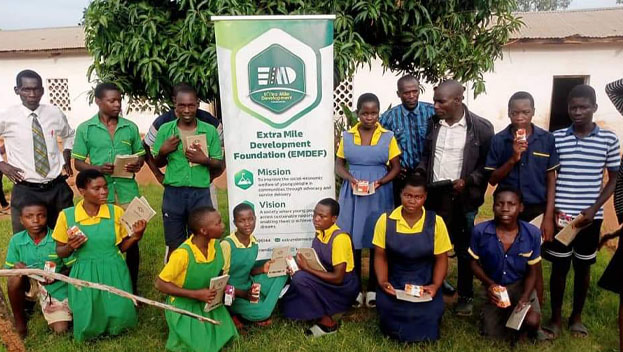
The StepUp Mentorship and Tutoring Program
This aims at boosting secondary school students' interest and achievement in Science, Technology, Engineering, and Mathematics (STEM) in Mzuzu, Malawi. The program pairs university students in STEM-related fields with secondary students to provide mentorship, tutoring, and hands-on learning experiences aligned with the school curriculum. University mentors undergo training in mentorship and tutoring skills before engaging with students to explore their passions, career interests, and academic challenges. Through this support, the program inspires secondary students to excel academically and pursue further education and careers in STEM fields. Study cycles are also incorporated where students work in groups fostering peer to peer learning for improved academic performance.
Early Childhood Development
This initiative recognizes the critical role of early shaping future educational outcomes and ensuring that all children, regardless of their background or abilities, have access to quality education. Special emphasis is placed on introducing early childhood development centers in the communities and building early childhood centers in rural areas to bridge the educational gap between urban and rural communities. Early childhood development is important because it provides the foundation for future learning as it lays the groundwork for future academic success and social skills. ECD helps in reducing inequality as it bridges social-economic gaps, especially or children in rural and marginalized areas. .

